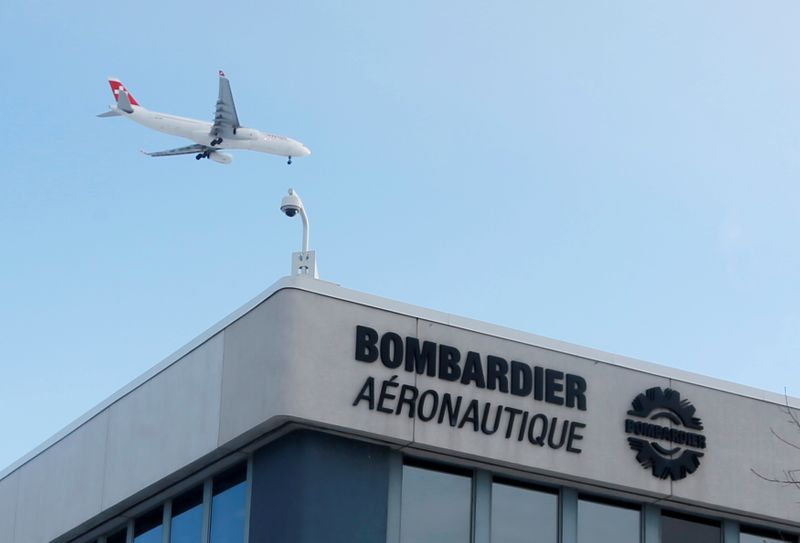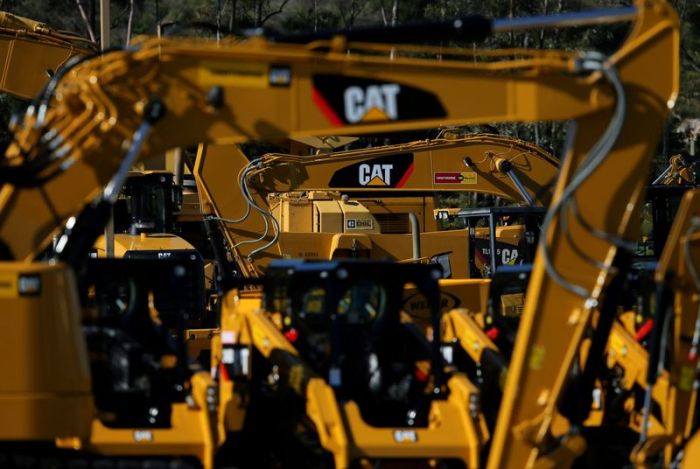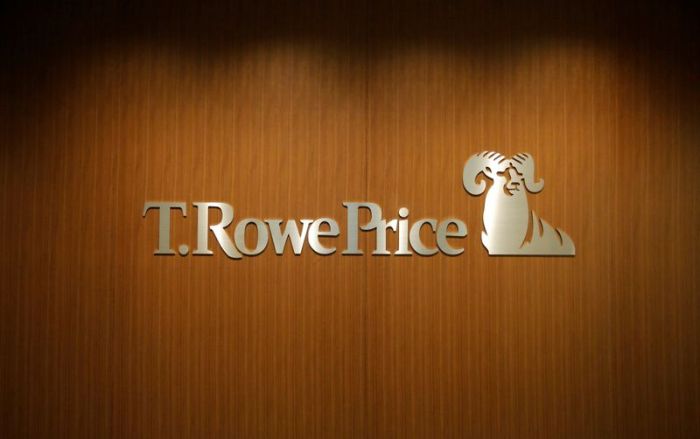(Reuters) -Bombardier Inc and rival Textron Inc on Thursday reported growing backlogs for corporate aircraft as demand for private flights soars, but executives warned of supply chain headaches.
Executives from both companies told analysts they see corporate aircraft activity picking up in Europe, adding to strong demand in the United States that is filling seats and boosting plane prices after orders slipped last year due to COVID-19.
Cessna business jet maker Textron raised its full-year earnings per share and cash guidance, after General Dynamics Corp said on Wednesday its Gulfstream business jet backlog reached a six-year high.
Corporate planemakers, eager to take advantage of strong demand, are taking steps to mitigate the impact of global supply chain disruptions, including supply and pricing of raw materials, logistics and labor shortages among smaller suppliers.
European planemaker Airbus SE also flagged supply chain issues on Thursday.
While Bombardier has not faced any assembly line interruptions, the business jet maker is taking steps to deploy more staff to suppliers’ sites “to maintain clear visibility,” Chief Executive Eric Martel said.
Montreal-based Bombardier posted a smaller third-quarter loss largely in line with analysts’ estimates and generated $100 million in free cash from operations, a metric closely watched by investors, reversing negative usage from last year.
Bombardier’s backlog increased by about $500 million to $11.2 billion, while Textron Aviation reported a backlog of $3.5 billion at quarter-end, up $1.9 billion year to date.
Textron said the company is ramping up business aircraft manufacturing toward a goal of hitting 2019 production levels. Bombardier has not announced any changes to rates as it balances supply chain capacity, demand and pricing.
Bombardier recently unveiled an upscale variant of its Challenger 350 business jet as it vies to protect its dominant midsized market share.
Martel said two new large-cabin models announced recently by Gulfstream would not threaten the Challenger family.
“I think our competitor now just positioned themselves right at the top of that segment, leaving a lot of room in the midsized segment for us,” he said.
Martel told reporters later in the day that Bombardier is still looking at the segment below its largest-cabin Global jets as an area for potential updates.
“We have a major market segment right now that has not been fully leveraged and exploited,” he said.
Bombardier posted an adjusted net loss of 4 cents per share in the quarter, compared with a loss of 9 cents per share a year earlier. Analysts were expecting a loss of 5 cents per share, according to Refinitiv.
(Reporting by Sanjana Shivdas in Bengaluru and Allison Lampert; Editing by Jan Harvey, David Holmes nad Mark Porter)


























